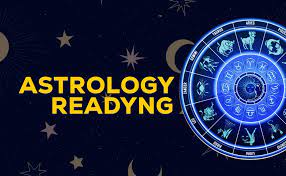Astrology, a timeless practice that has fascinated humanity for centuries, seeks to decode the mysteries of the cosmos and its influence on our lives. At the heart professional astrology reading of this ancient art lies the astrologer, a skilled and intuitive individual who interprets the celestial patterns to provide guidance, insights, and predictions. In this article, we’ll delve into the multifaceted role of an astrologer and how they continue to impact people’s lives, offering a unique blend of science, art, and mysticism.
The Science Behind Astrology
Astrologers are not merely mystics; they are well-versed in the scientific foundation of astrology. Their work is grounded in astronomy, understanding the positions of celestial bodies and the mathematical calculations required to create birth charts. These charts, also known as natal charts, offer a snapshot of the sky at the exact moment of an individual’s birth. Astrologers use this information to craft their insights into a person’s life and personality.
Interpreting the Birth Chart
A significant part of an astrologer’s role is interpreting the birth chart. This involves analyzing the positions of the sun, moon, planets, and other celestial bodies in relation to the twelve astrological houses and the zodiac signs. Each element within the birth chart contributes to a unique astrological profile, revealing an individual’s strengths, weaknesses, potential life path, and even the timing of significant life events. The astrologer acts as an interpreter, bridging the celestial and the terrestrial.
Providing Guidance and Predictions
Astrologers don’t just decode birth charts; they offer valuable guidance and predictions. By analyzing the positions of planets and their transits, astrologers can predict key life events, such as career changes, relationships, or personal growth opportunities. This guidance can be instrumental in helping individuals make informed decisions and navigate the various phases of life.




